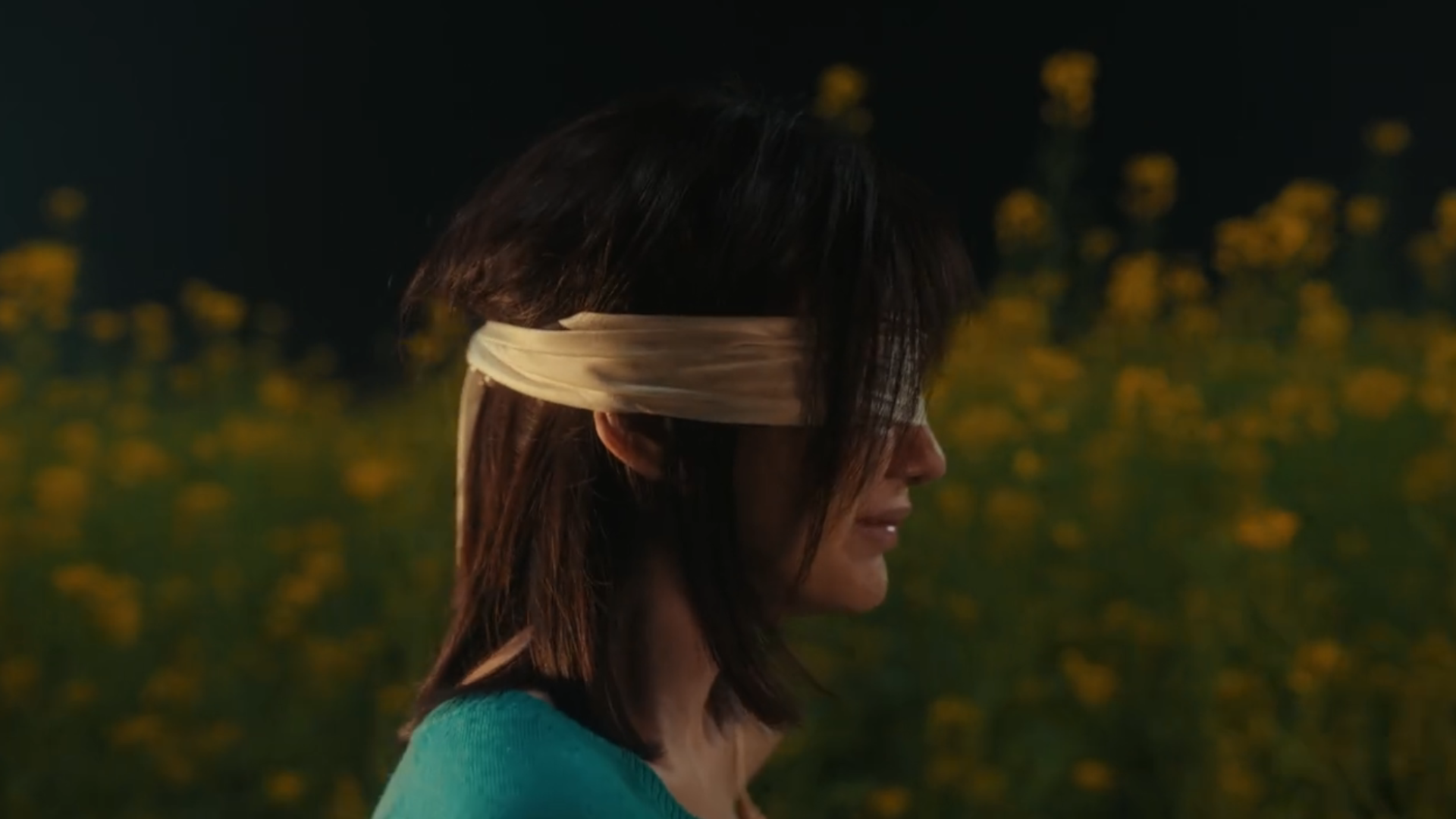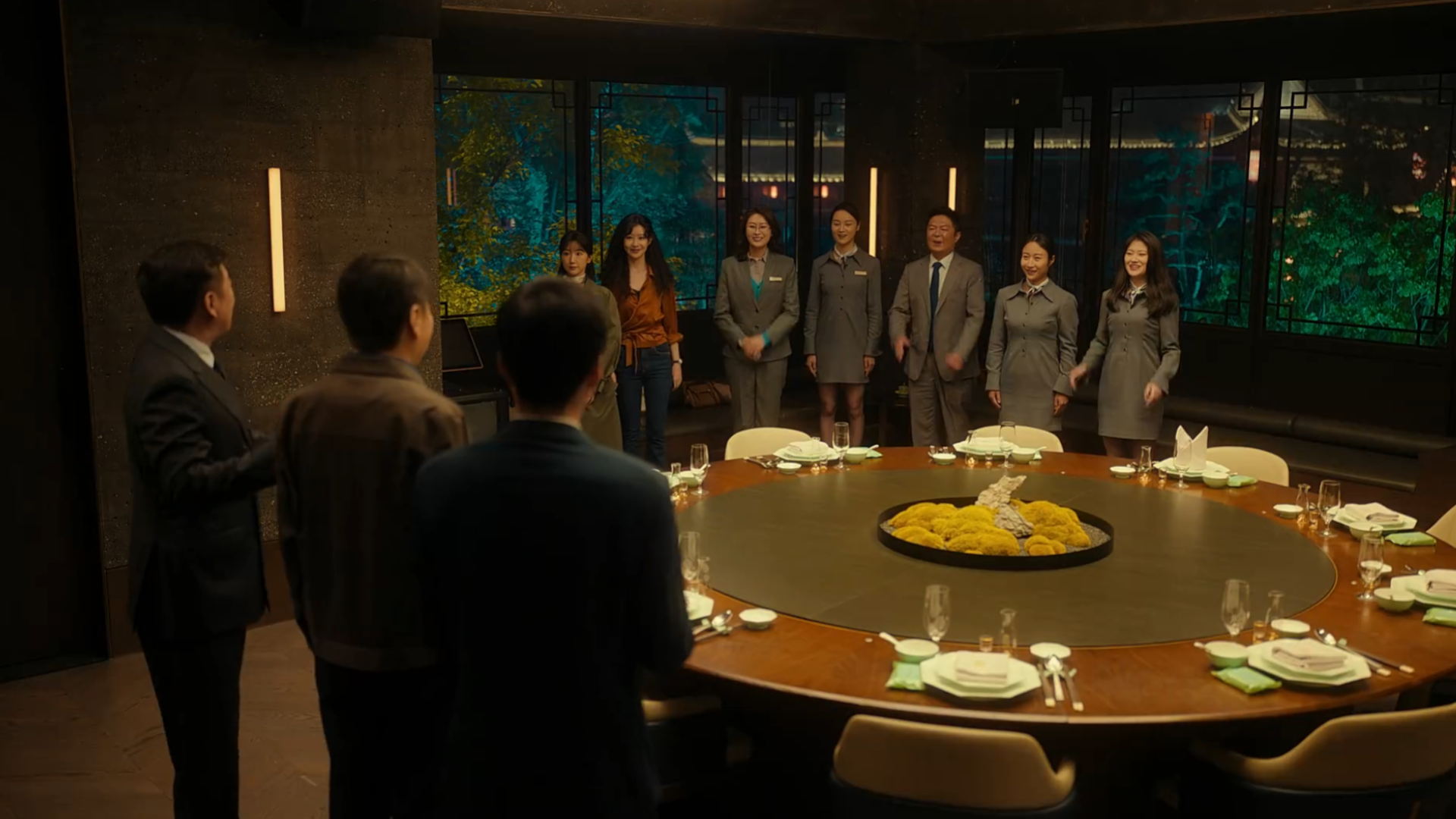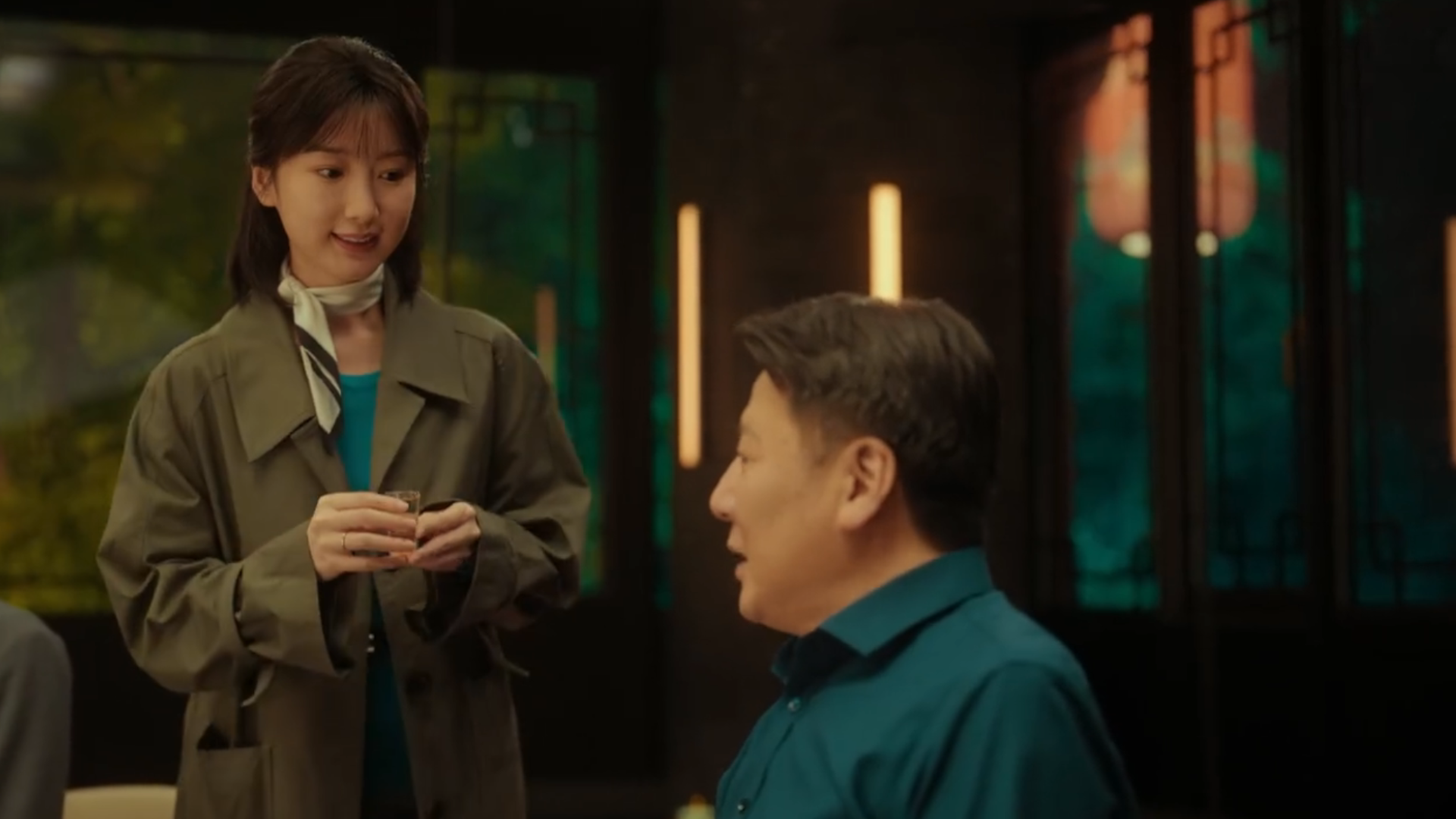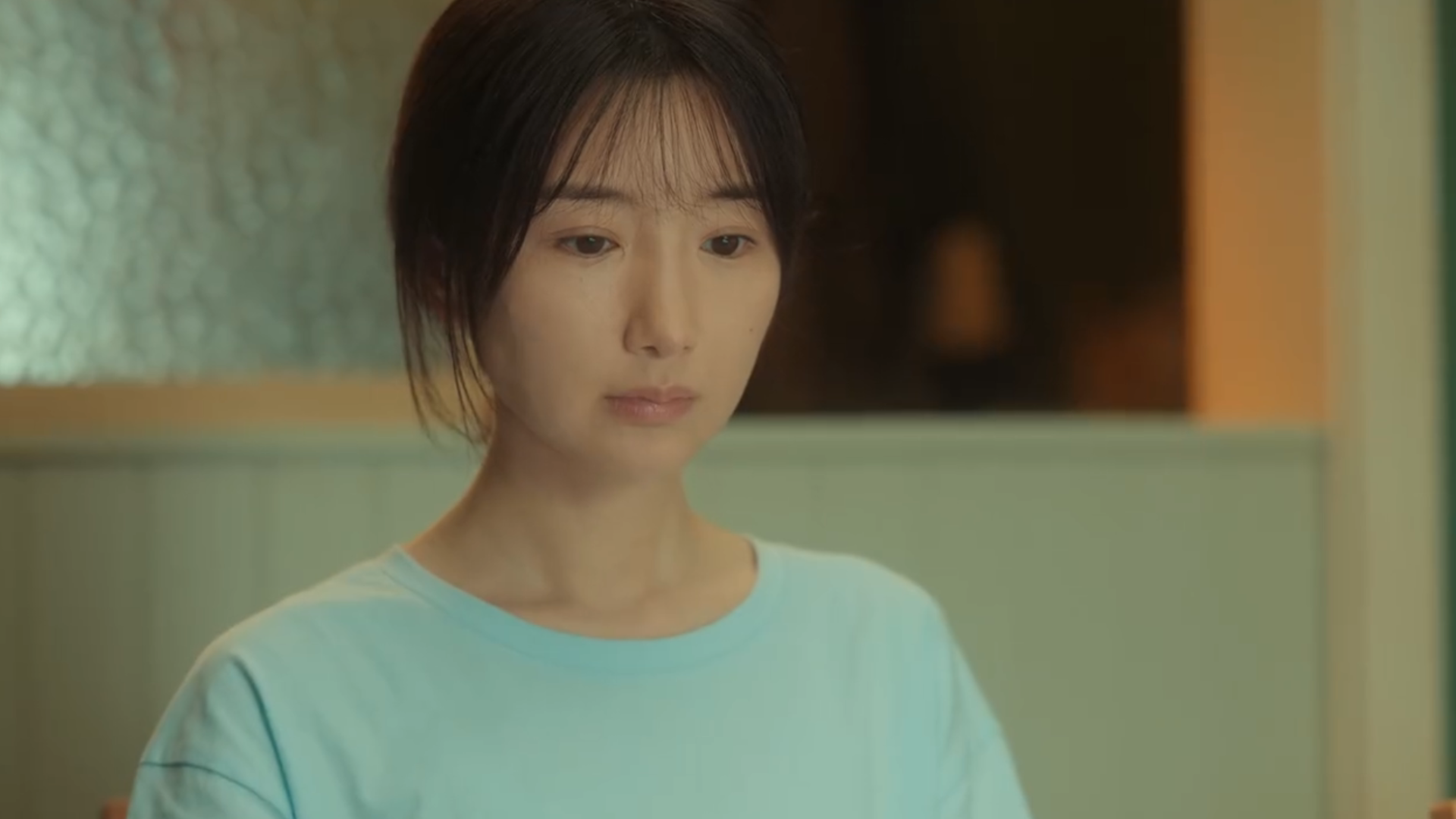“Light Beyond the Reed” wastes no time pulling viewers into its haunting world, opening with a chilling sequence that sets the tone for its emotionally charged story. Starring Vin Zhang as Qin Nan and Mao Xiao Tong as Ye Si Bei, the drama follows a woman whose life unravels after a traumatic incident, exploring themes of victim-blaming, societal hypocrisy, and courage. With its gripping realism and unflinching social commentary, it’s a must-watch moral reckoning.
Warning: the following text mentions sexual assault.
Also, spoilers ahead!
The C-drama opens with a haunting scene: a woman in her late 20s, blindfolded, stumbling through a field as she sobs and counts one, two, three. Her voice trembles, barely intelligible. Most people in her position might wish for the presence of another human being, anyone, to ease the loneliness of the deserted field. But that’s not the case here. Just a few feet behind her, a car’s headlights pierce the darkness, and a distorted male voice orders her to keep counting until 1,000.

The scene cuts abruptly, pulling the audience back to the day before the incident. The same woman, Si Bei, sits at the breakfast table, her eyes heavy with sorrow as she stares at the papers before her: a divorce agreement. Her slumped shoulders make it clear that this separation isn’t mutual.
Despite her life falling apart, Si Bei puts on her uniform and heads to work as a real estate consultant. She gets a call from her mother, asking her to talk to her boss about attesting to an income certificate so the bank can approve a loan. But the loan isn’t for Si Bei, it’s for her brother. While helping family might sound noble, her brother’s reason is far from urgent. He wants to buy a new home, despite already living comfortably with their parents, just so he can move in with his soon-to-be wife.
The situation becomes even more frustrating when it’s revealed that his fiancée, Zhao Chu Chu (Yang Yu Xi), works in the same office as Si Bei and holds the same position. So why couldn’t she apply for the loan herself? Si Bei’s silent compliance hints at what’s to come, and a flashback confirms it: her people-pleaser tendencies and inability to stand up for herself were part of what pushed her husband, Qin Na, away.


Si Bei’s day only spirals further. Her coworker dumps extra files on her desk, the rain pours outside, and with her husband gone, there’s no one to pick her up. Her boss also announces an obligatory work dinner. What follows is a disturbing reflection of workplace exploitation, how some bosses manipulate young female employees into entertaining unscrupulous clients. Si Bei is pressured into drinking beyond her limit and loses consciousness. The next time we see her, she’s in a hospital’s gynecology ward, being tested for signs of sexual assault.
The drama doesn’t shy away from depicting how society often shames victims instead of holding perpetrators accountable. Outside the ward, Si Bei’s mother speaks to the police, not to ask how her daughter is, but to insist that Si Bei is a “well-behaved girl,” as if her daughter’s character could determine whether she deserved what happened. Later, she urges Si Bei to stay silent, arguing that people forget the crime and the criminal but never stop gossiping about the victim. “They’ll say it was your dress that made him do it,” she warns.
Her words are harsh and unjust, yet they mirror a painful truth. How often do we see the rapist’s face on the news compared to the victim’s? How often does the victim become the story instead of the crime itself?
The series also highlights how the justice system fails survivors. Even Si Bei’s brother, a lawyer, admits that many victims withdraw their cases before they ever reach court because the process is so brutal. It raises a haunting question: what should a victim do when the fight for justice feels as unbearable as the trauma itself?
While Si Bei remains silent, pretending nothing happened, the haunting memories of that night refuse to fade. Meanwhile, her husband’s string of chance encounters slowly leads him to uncover the truth. Overwhelmed by guilt, Si Bei confesses that she feels as though she has wronged him, but he reassures her that none of it was her fault. Despite his persistence in urging her to file a police report, Si Bei resists, influenced by her mother and brother, who, under the guise of protecting her, are more concerned with preserving their own image from society’s cruel judgment. Eventually, moved by her husband’s support, Si Bei decides to report the crime.
But this marks only the beginning, as seeking justice in a society that protects perpetrators more than victims is far from easy.
“Light Beyond the Reed” captures this emotional turmoil with raw intensity, offering a haunting yet hopeful reflection on trauma and healing. Every scene feels deliberately crafted to draw viewers into Si Bei’s silence, pain, and gradual reclaiming of agency. It doesn’t just tell a story of injustice; it questions the systems and mindsets that allow such silence to persist. With its unflinching realism and emotionally charged performances, it stands as a gut-wrenching yet powerful portrayal of survival, resilience, and the search for light in the darkest of times.

Start watching “Light Beyond the Reed”:
Those in Southeast Asia can watch here!
Javeria is a binge-watching specialist who loves devouring entire K-dramas in one sitting. Good screenwriting, beautiful cinematography, and a lack of clichés are the way to her heart. As a music fanatic, she listens to multiple artists across different genres and stans the self-producing idol group SEVENTEEN. You can talk to her on Instagram @javeriayousufs.
Looking forward to: “Moon River“


